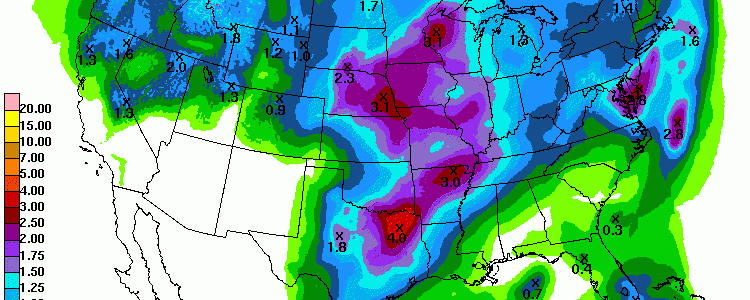-

Jon Erdman wrote a piece in WunderBlog about Florida’s decade-long hurricane drought. It’s been over ten years since a hurricane made landfall anywhere in the state. You can read it here. With this year likely to bring a La Niña to the tropics, the chances of a hurricane in the Atlantic go up. But we…
-

Even though the extensive forest fires that have been occurring in Fort McMurray, Alberta, seem far away, they have caused impacts here in the Southeast. Here are some stories discussing the links between the fires and climate as well as implications for the Southeast. NASA’ s Earth Observatory posted a striking image of the smoke…
-

Another climate story related to the Arctic this week is the record-setting low extent of the sea ice in the Arctic Ocean for this time of year. Bob Henson of WunderBlog explains what has been observed this year and what it means for this summer here. The abnormally low snow cover which contributed to warm…
-

Deke Arndt of the National Centers for Environmental Information has a new blog post in the “Beyond the Data” blog describing some of the problems with describing the climate of Alaska and what they have seen so far. Alaska is warming far faster than other parts of the US, and especially faster than the Southeast,…
-

The latest 7 day QPF forecast shows that for the next week, most of the Southeast should receive less than a quarter inch of rain. The exceptions are southeast Florida and northern North Carolina, which might receive a bit more. Most of the rain will continue to pour over the middle sections of the country,…
Posted in: Climate outlooks -

Today marks the 5 year anniversary of the incredibly deadly Joplin MO tornado. Over 150 people died in that storm alone, and in the outbreak that included it, an unprecedented 1,691 tornadoes claimed 553 lives in all. NOAA has published two documents describing the storm outbreaks. NOAA has put together a photo book of the outbreaks…
-

India has set an all-time record high for any calendar day as extreme heat continues to sear northwest parts of that country and adjacent portions of Pakistan, according to the WunderBlog report here. The high temperature reached 123.8 degrees Fahrenheit (51 degrees Celsius) in Phalodi, India, on Thursday. This topped India’s previous all-time record high for…
Posted in: Climate and Ag in the news